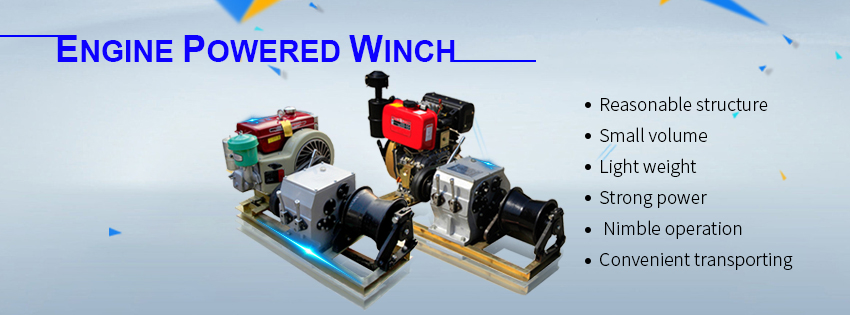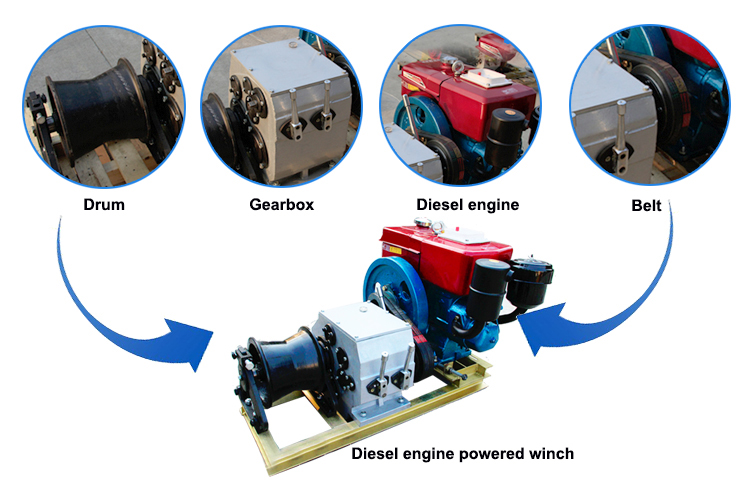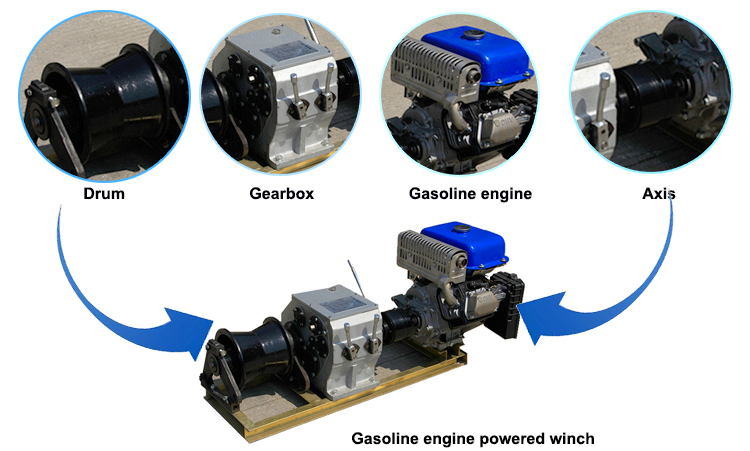At present, China has established a national harmonized mechanism for the Globally Harmonized System of Classification and Labelling of Chemicals (GHS). However, due to the lack of coordination among certain laws and standards, companies have many difficulties in understanding and implementing these regulations. In addition, factors such as cost and talent also affect the implementation of GHS by Chinese domestic companies. China still faces many challenges in implementing GHS. This is the information that the reporter obtained at the International Seminar on GHS Implementation held in Beijing on April 19th. Laws and regulations have been issued one after another “China is gradually promoting GHS work, led by the Ministry of Industry and Information Technology, and has established a GHS national coordination mechanism.†Yuan Longhua, deputy director of the Raw Materials Division of the Ministry of Industry and Information Technology, said that China will implement the GHS medium and long-term and annual plans, and formulate a GHS implementation schedule in line with China’s national conditions. Formulate and revise relevant laws, regulations and standards, strengthen the construction of laboratories and basic databases, carry out propaganda and training work, and international exchanges and cooperation. The laws, regulations, and standards system related to GHS are also being gradually improved and gradually advanced. Yuan Longhua said that the “New Environmental Management Measures for Chemical Substances†was implemented on October 15 last year; the “Regulations for the Preparation of Chemical Safety Labels†(GB15258-2009) will be formally implemented on May 1 this year after the expiration of the one-year trial period. , And is a mandatory provision; "Dangerous Chemicals Safety Management Regulations" will be implemented on December 1 this year, clearly specifies the chemical safety data sheet and chemical safety label should comply with relevant national standards and national regulations. Multinational companies are confused Zhou Boshi, vice chairman of the International Chemical Manufacturers Association (AICM) and president of WACKER CHEMISTRY Greater China, believes that due to the large number of management departments involved in China’s GHS, some existing regulations and standards are inconsistent, which will impede the implementation of GHS. cause inconvenience. For example, he said that the national standards for chemical safety labels in China are enforced on May 1 this year, but as the most important law for the implementation of GHS, the “Regulations on the Safety Management of Hazardous Chemicals†was formally implemented on December 1 this year, while hazardous chemicals The catalogue has only just begun to draft. It will take time to release. "The inconsistency of regulations and standards has caused companies to face a lot of confusion in understanding and implementing these regulations." Zhou Boshi said. According to Shou Guohui, Product Regulator and Security Manager of Asia-Pacific Region of PPG, the policies introduced by the government at the present time are often relatively general and detailed in detail. Companies are often confused when implementing policies. Since the catalogue of hazardous chemicals has not yet been introduced, many participating companies are concerned that there may be differences between the self-categorization of enterprises and the catalogue of dangerous chemicals that will be released in the future. Companies now compile safety labels based on the results of self-categorization. After the national hazardous chemicals catalog is released, if it is inconsistent with the catalog, it will need to revise material safety data sheets and labels, which will have a greater impact on the company's operations. Zhou Boshi believes that China has not given different transitional periods to pure substances and mixtures in accordance with international practice. In particular, the classification of mixtures, due to the large number and lack of data, requires a longer transition period. In addition, AICM hopes that Chinese authorities can learn from the advanced experience of other countries and regions and formulate practical policies and guidelines. Domestic companies do not understand During the meeting, it was learned that in the face of China's various mandatory standards, multinational companies have been actively responding to it, while domestic companies have been less active. Taking the "Prescription for the Preparation of Chemical Safety Labels" to be issued on May 1 this year as an example, WACKER, China Shipping Shell, Lyondell Basel, Evonik, Huntsman, and DuPont and other multinational companies have all started to strictly follow the regulations. Write, and domestic companies have not done much. Zheng Peijie, Director of Regulatory Affairs of the International Chemical Manufacturers Association, believes that the GHS concept is not well-known in China, and most private enterprises do not even know what GHS is. In addition, the government did not specify the relevant punitive measures. This is likely to lead to the introduction of mandatory standards by the government, but companies may refuse to implement them. Li Zhixiong, an international third-party quality and safety agency consulting consultant for Intertek, said that among the GHS-accredited customer groups that Intertek currently undertakes in China, there are mainly large-scale multinational companies, and almost no domestic SMEs are seen. Cost and human resources are also factors that restrict domestic companies from implementing GHS. Zhou Qiang, director of EHSQ (Environment, Health, Safety and Quality) at Evonik, told reporters that since the implementation of GHS will increase the cost of the company, and the strength of multinational companies is relatively strong, the impact on companies is relatively small. However, most of the domestic weaker private enterprises are not. They are extremely sensitive to costs. Once the costs increase, they will have an impact on their product markets. Therefore, the enthusiasm of enterprises to implement GHS is often not high. He Pengtao, a consultant of Shell HSE (Health, Safety and Environment), told reporters that another reason why multinational companies respond positively to China’s implementation of GHS is that they have the advantage of talent and resources. Many multinational companies have implemented GHS in other countries or regions. They can use ready-made templates and data to use them, and they have experts and talents in this area. But for most domestic companies, all this must start from scratch.
Engine powered winch introduction
Engine powered winch is set up high-voltage transmission lines and laying of aerial construction machinery underground cables, smooth, convenient for Tower Group legislature, set up guide (land) lines, lifting, pulling in a variety of complex conditions. Motor cutter grinding widely used in electricity, telecommunications line construction group established tower or motor actinomycetes, also in place for lifting and pulling heavy objects, suitable for field sites without electricity, the use of flexible construction, docks and so on. The experiments and field practice has proved that with a reasonable structure, small size, light weight, utilitarian large, flexible operation, easy handling, etc., the majority of electric power, telecommunications operators welcome. Motor cutter grinding force divided by diesel powered winch and winch motor gasoline.
Features:
1. Reasonable structure
2. Small volume
3. Light weight
4. Strong power
5. Nimble operation
6. Convenient transporting.
Engine powered winch type table:
Power
Gasoline engine
Air cooling
Diesel engine
Water cooling
Air cooling
Traction
3t
faster
5t
Faster slow
8t
slow
Drive mode
Belt drive
Axis drive
Starting mode
Hand cranking
Hand pulling
Drums
Single drum
Double drum
Engine Powered Winch,Electric Winch,Electric Winches,Small Electric Winch Hebei Long Zhuo Trade Co., Ltd. , https://www.hblongzhuo.com


China's implementation of GHS challenges